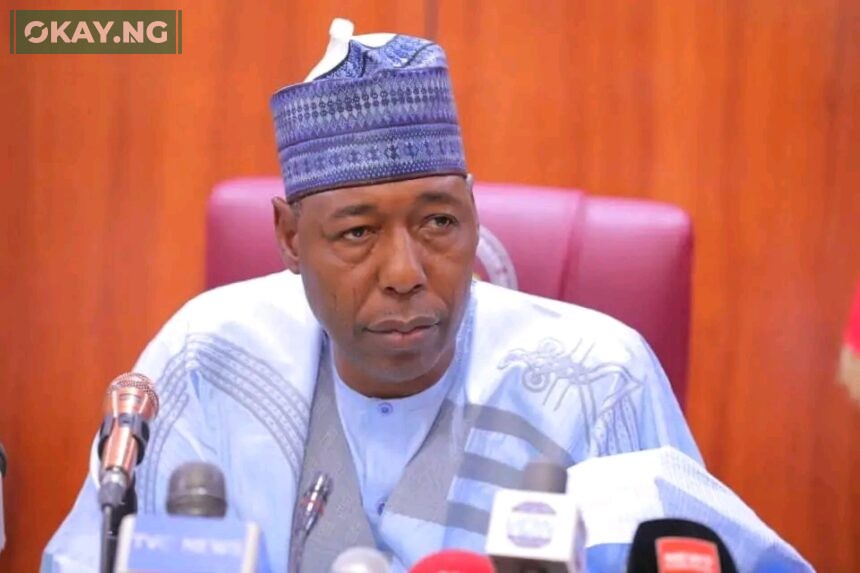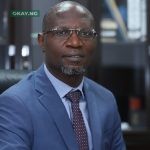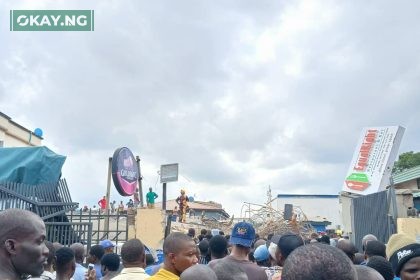Borno State Governor, Babagana Zulum, has called for the revival of the Sambisa Forest, which was devastated by the over decade-long Boko Haram insurgency. The forest, located in the southeastern part of Borno State, was once a major enclave of the terrorists.
Speaking at a UN High-Level Segment Roundtable in New York, Zulum highlighted the impact of the insurgency on the environment, including deforestation, loss of biodiversity, and soil erosion. He noted that the shrinking of Lake Chad, a vital source of water and livelihood for millions, was a direct consequence of climate change resulting from forest destruction.
Zulum attributed deforestation in Borno State to population growth, agricultural expansion, unsustainable land use practices, energy needs, and conflict. He proposed initiatives such as rehabilitation and restoration, community engagement, monitoring and evaluation, and collaboration and partnership to save the forest.
The governor emphasized the need to address environmental degradation and restore the Sambisa Forest to promote peace, security, and sustainable development in the region.












